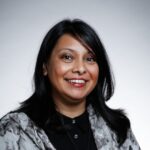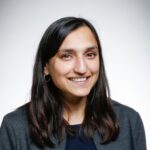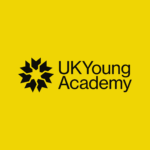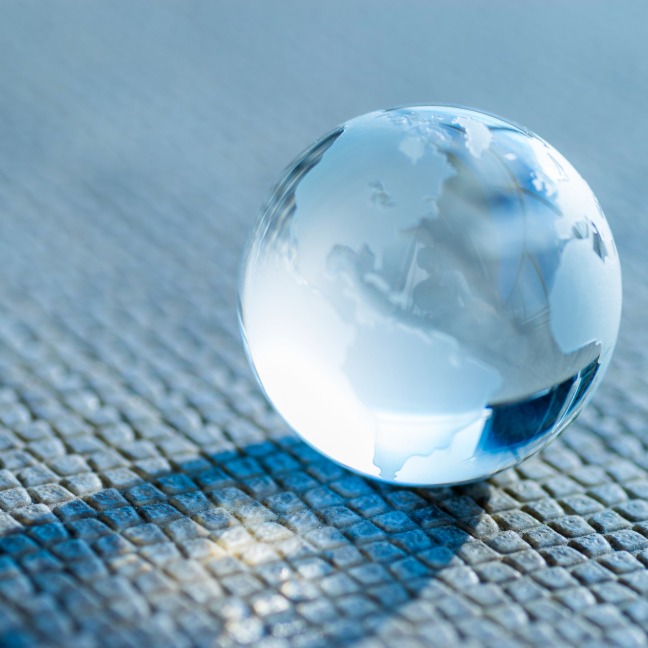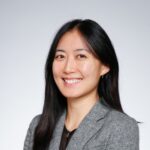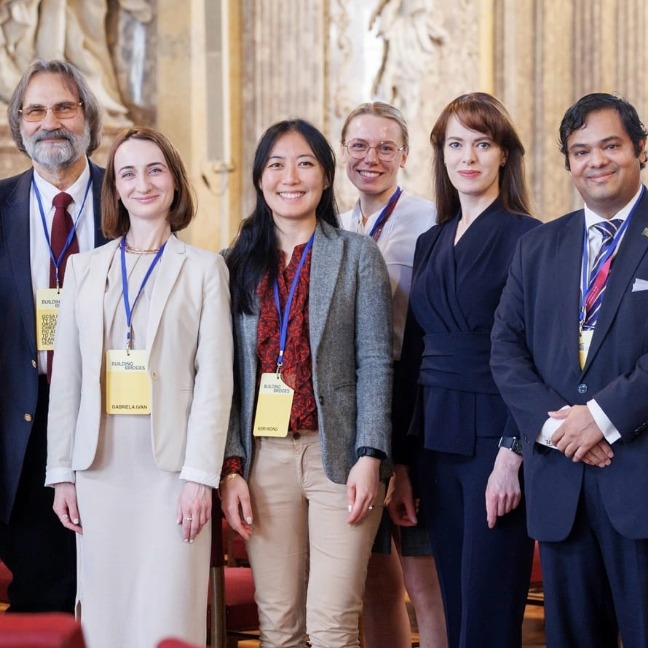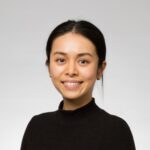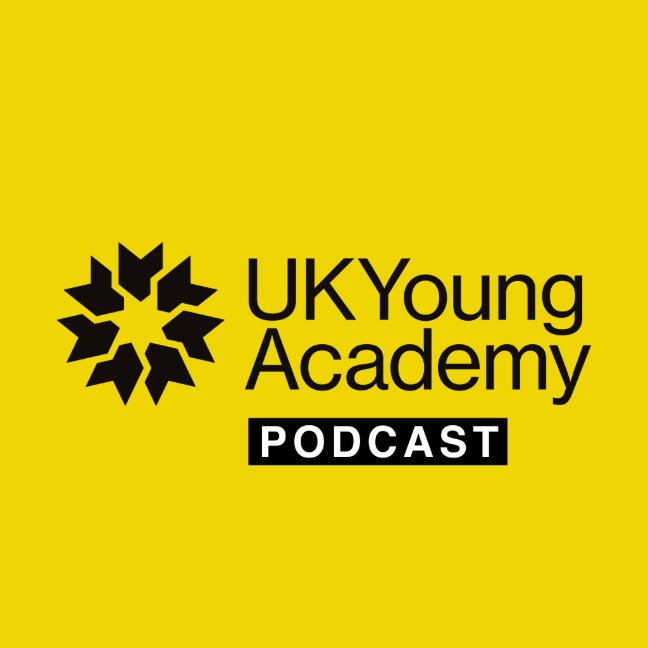Building Relationships in Global Science
Our members, Sandeep Sandhu and Dhruti Shah, share key takeaways from the recent International Science Council (ISC) General Assembly and Muscat Global Knowledge Dialogue
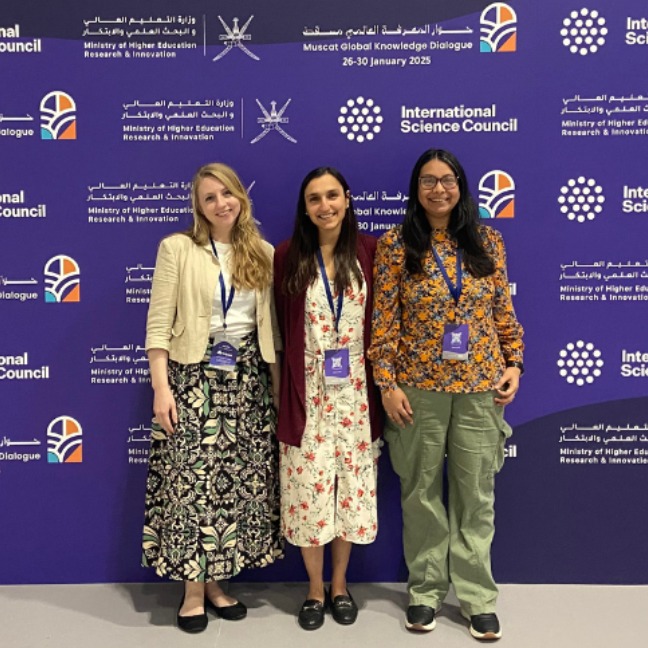
Collaboration, diplomacy, and ensuring science remained a trusted entity in a turbulent world were among the key themes of the International Science Council (ISC) Annual General Assembly and its Muscat Global Knowledge Dialogue meet-up that took place in Oman in January this year.
For the UK Young Academy, it was an opportunity for us, as a prospective member of the ISC, to gain insight into how this global NGO operates. The organisation describes itself as a convener of scientific expertise and aims to influence and inform science policy. It has a broad membership, which includes national academies, national funding agencies, unions, and importantly, young academies. We found out that there are more than 250 members of the ISC – more than the United Nations.
Our delegation consisted of Sandeep Sandhu, Head of Stakeholder Relationships at Innovate UK Business Connect and Dhruti Shah, Creative Lead at storytelling consultancy Have You Thought About. We were supported by Amy Fry, our UK Young Academy Programme Manager.
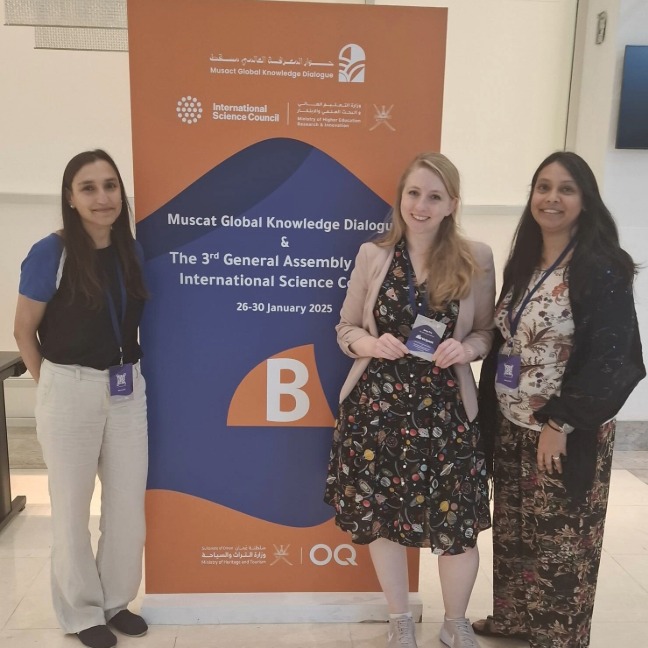
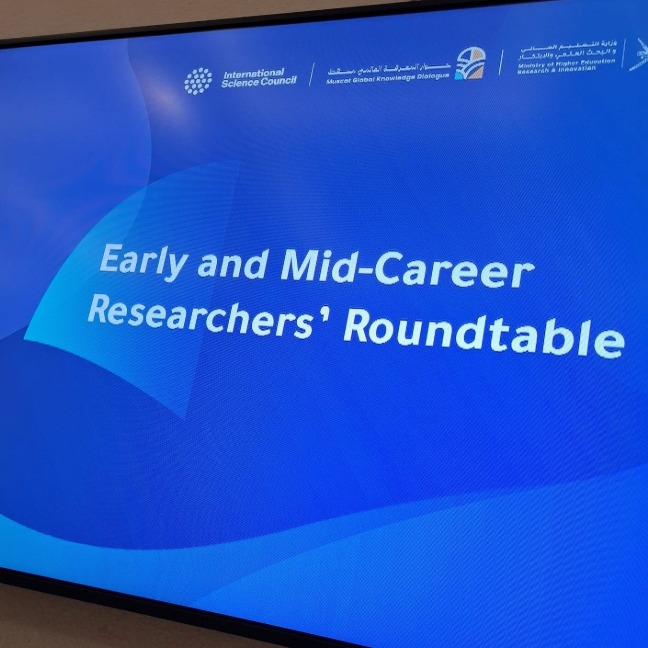
As members of the UK Young Academy’s International Working Group Committee, we planned to use our time there to not just understand more about the ISC but also represent the interdisciplinary work of our members. We also sought out spaces where we could find research and collaborators for our current projects as well as potential future opportunities. Sandeep is the co-chair of our working committee and is also leading a UK Young Academy project on science and technology diplomacy, while Dhruti was tasked with considering how our members can be strong storytellers in these settings.
The days were long and jam-packed with a myriad of subjects covered. Conversations around trust, equality, artificial intelligence, global cooperation, data, disinformation, oceanography, and sustainability, took place both on large global stages among key players including politicians, scientific directors, decision-makers, and Nobel laureates, and in more intimate workshop settings between those tasked with making a difference on the ground in the communities in which they lived and worked in. Business cards were exchanged, notepads were full of scribbled thoughts, and copious amounts of Omani coffee were poured to keep us all going.
We all took part in workshops where we were able to spotlight our work, figure out solutions to shared challenges, and meet our counterparts at other young academies from around the world, as well as engage with key stakeholders in the incredibly diverse science landscape. The relationships built meant that we even managed to influence some of the panellists to incorporate the importance of involving young academies like ours in these conversations from an early stage.
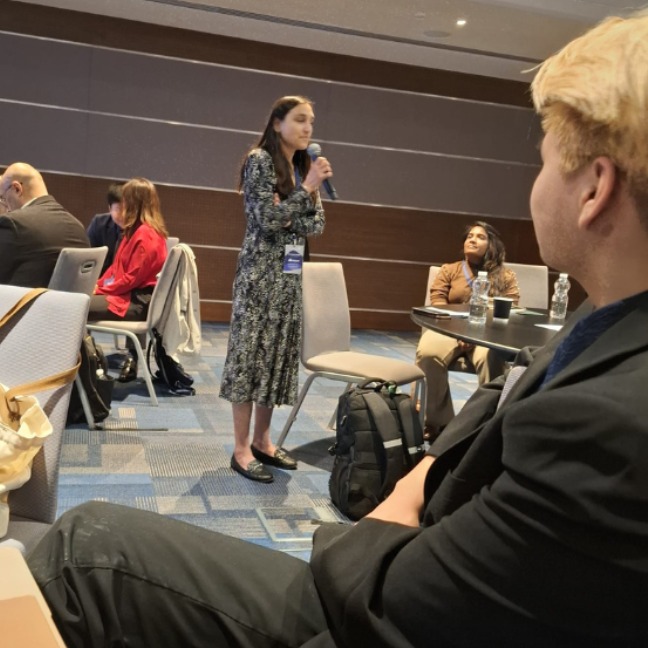
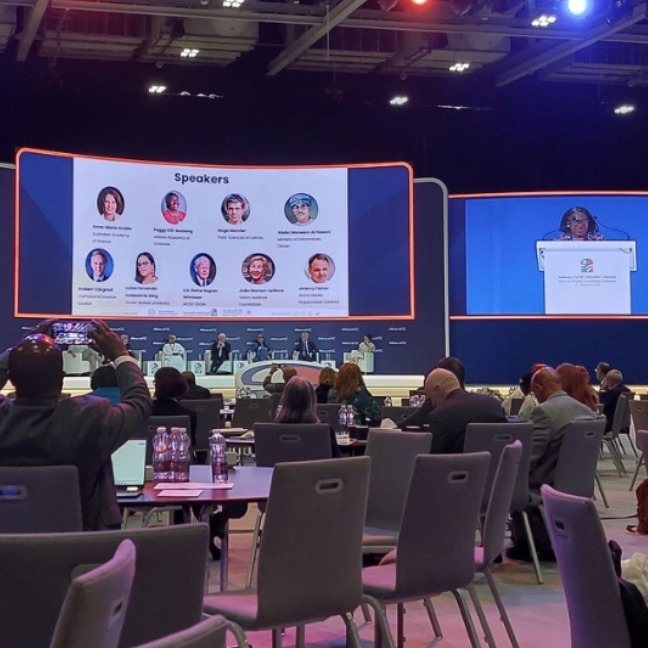
We experimented with live reporting and conducted peer-to-peer training. This was because we want to ensure our whole network benefits from these sorts of opportunities. We thought about how we could make short videos that wouldn’t take too much time to create so that we could share our key learnings while out in Oman. It was a pleasant surprise to see our efforts picked up by the ISC communications team, who went out of their way to meet us in person because they were impressed by what we were creating.
The gathering itself cemented the fact that we, as a society, need to collaborate at a multilateral scale and work across disciplines and professions to tackle the big global challenges we face. The UK Young Academy, with its members made up of scientists, academics, creatives, and industry professionals is already thinking like this, so having this understanding that what we are doing complements what the ISC sees as key, is validating.
We had exposure to Omani culture and every conversation was valuable, including those with taxi drivers and others we met outside of the convention centre setting. Science is something that underpins the way we live and operate, and this trip was key to helping us remember that it’s just as important to talk to people living in the places we visit about their experiences and exposure to science on a day-to-day basis.
Meeting in person at this event meant that we were able to build trust at ground level and be in direct contact with decision-makers; it meant that we were inspired to think about potential future projects and also engage with our current partners on projects already underway. It was an intense week but it was definitely a place where the seeding of ideas took place.
